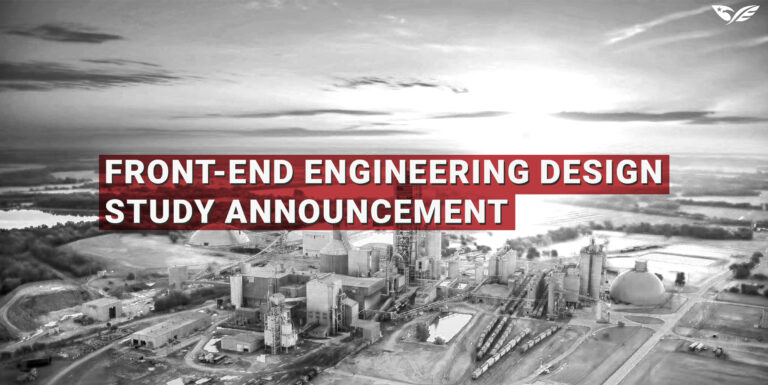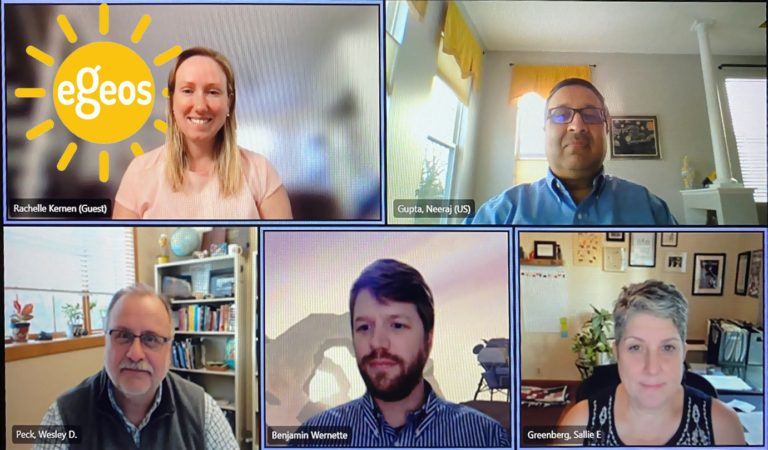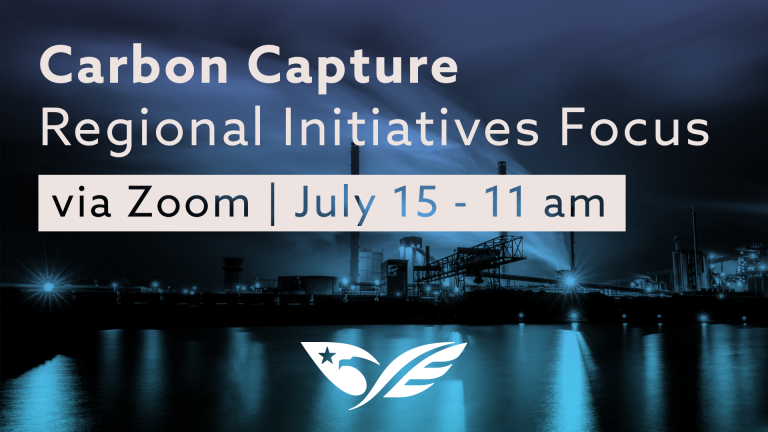DOE Selects SSEB to Negotiate Carbon Capture Demonstration Project Program Front-End Engineering Design (FEED) Study
In late May, the Office of Clean Energy Demonstrations announced its intention to enter negotiations with Southern States Energy Board for our Ash Grove Foreman Cement Plant Carbon Capture and Storage project. The proposed project includes integrated CO2 capture and storage associated with cement manufacturing at the Ash Grove Foreman Cement Plant in Foreman, Arkansas….



